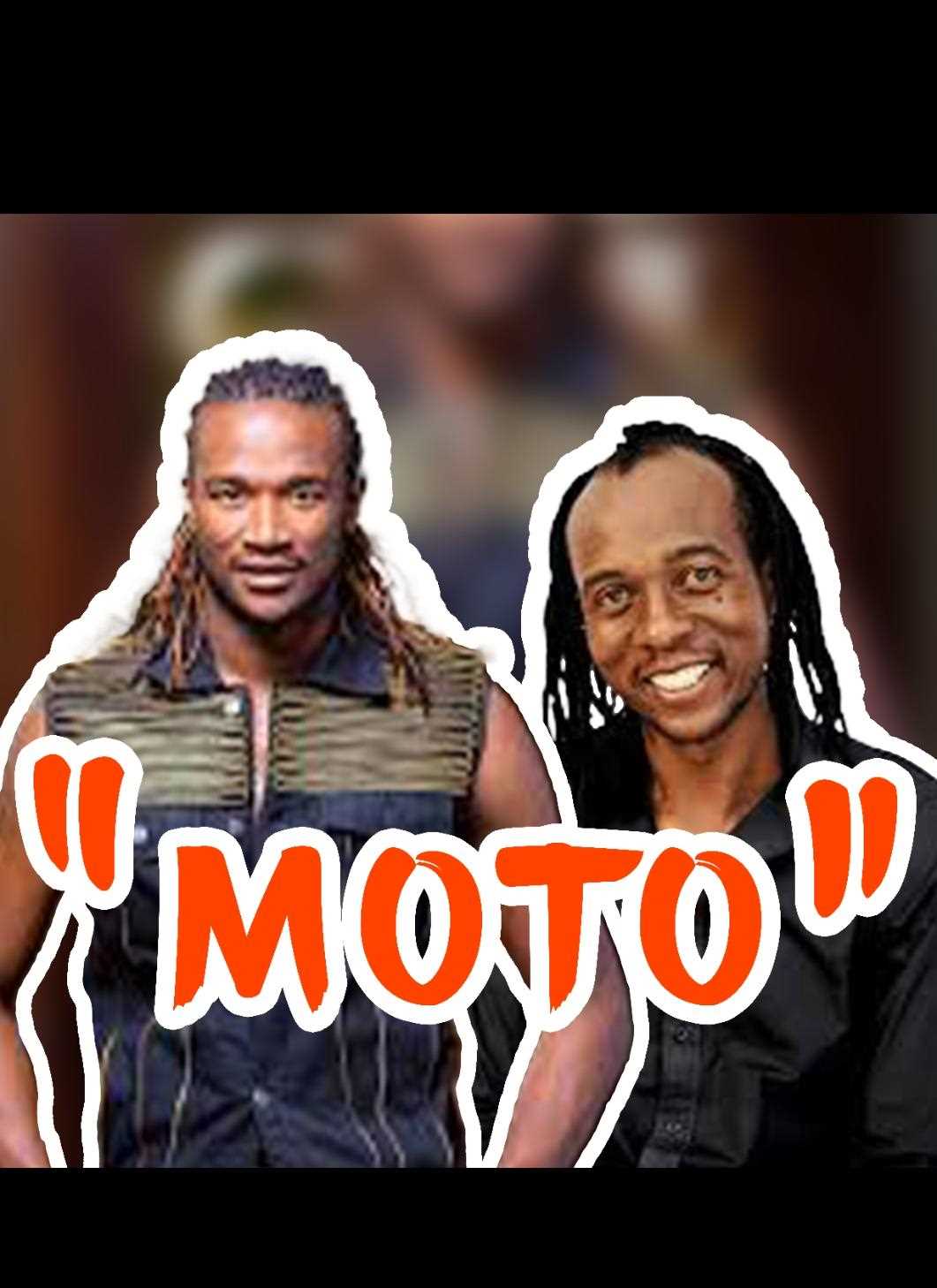
Zim Now Writer
Afro-Jazz musician Jah Prayzah is under intense public scrutiny after his recently released song Moto from the album Ndini Mukudzei was flagged by listeners as a possible duplication of Kanyarugwe, a traditional-inspired song released in 2024 by Kurai Makore.
The controversy ignited online as music fans, traditionalists, and artists expressed strong and divergent views over the similarities between the two songs. The issue at hand revolves around allegations of cultural appropriation and potential copyright infringement.
"I have listened to both songs. It's not in dispute that Moto and Kanyarugwe are the same song," said Mahara Goteka.
Others weighed in, offering musical and cultural perspectives. "The problem with playing traditional modes… Same mode, different keys," commented Edith WeUtongi Kajiti, implying technical similarities may be coincidental or stylistic.
Critics didn’t hold back. "This is embarrassing. I hope the law will take its course," said Samuel Wadzai Mangoma, echoing a sentiment that the matter may require legal intervention.
Related Stories
However, a counter-narrative emerged, defending Jah Prayzah’s usage of what many regard as public cultural heritage. Pritchard Chivorese wrote:
"Those are traditional songs part of Shona orature, cde. They don't belong to anyone. At first, they were just stories which then became songs composed in Bira, Mhande... Listen to his song Wanga Wakarara Ngoma Ichirira, Mapfumo has a song with similar lyrics. Listen to Nhemamusasa by Chiwoniso Maraire, Mapfumo has a song the same as Nhekwe by Andy Muridzo. They are songs which have been in form of stories with similar lyrics. Such is the beauty of this genre — it's appreciation of our culture, modifying traditional songs using modern instruments and no copyright infringements, just like Christian hymn songs. There are many versions of composed songs on Ishe Ndinzwe Nokufara, Changamire Muponisi, and no one claims to be the one behind those lyrics."
"Yes, that's Sekuru Kurai's song," said Chireha Mai Alexis, referring to the original composer.
Other social media users shared reactions in colloquial expressions, reinforcing the song’s cultural roots:
"Lloyd Mashie toita sei ne Chigananda," posted Tinashe Kazuru.
"Mutape this project yatove vakati oh varikuchema nayo," added Max Magaba.
"Thank you for this!!! Someone had to say it shem, zvinozoda here?" wrote Sarah Sameke.
The legal implications remain unclear, especially as Zimbabwean copyright law acknowledges oral traditions and communal heritage differently than modern intellectual property law. If Moto is indeed rooted in traditional song forms, it could fall outside the scope of personal copyright protection










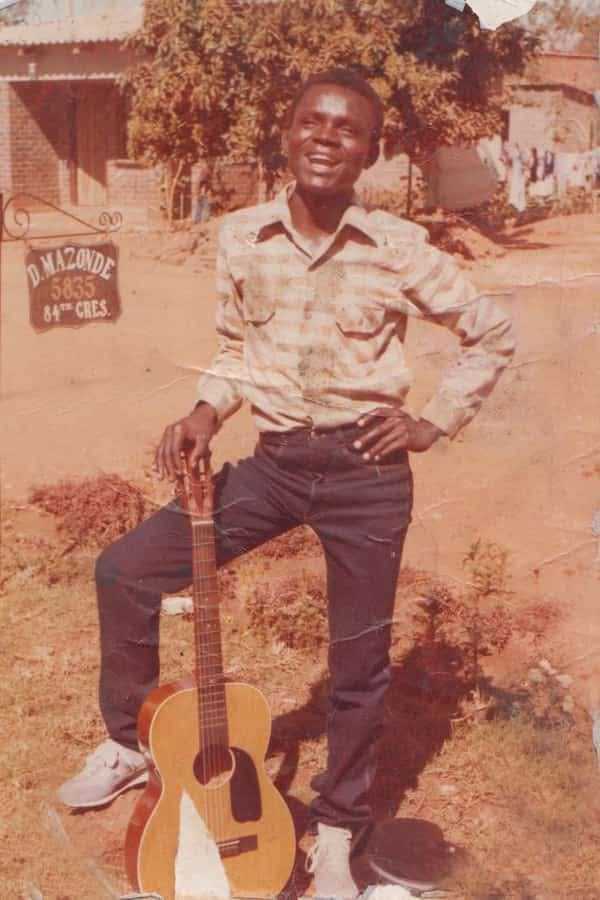
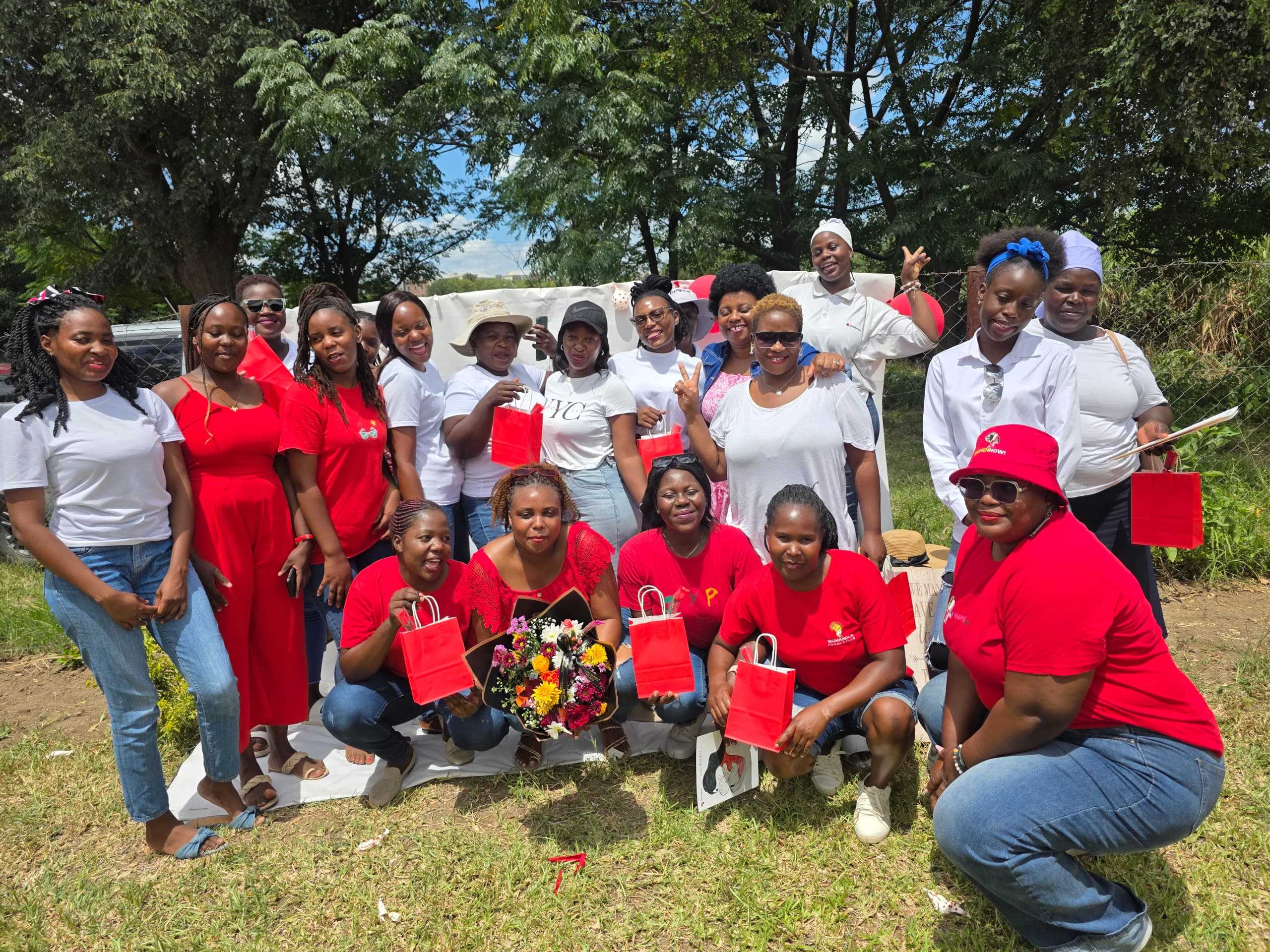

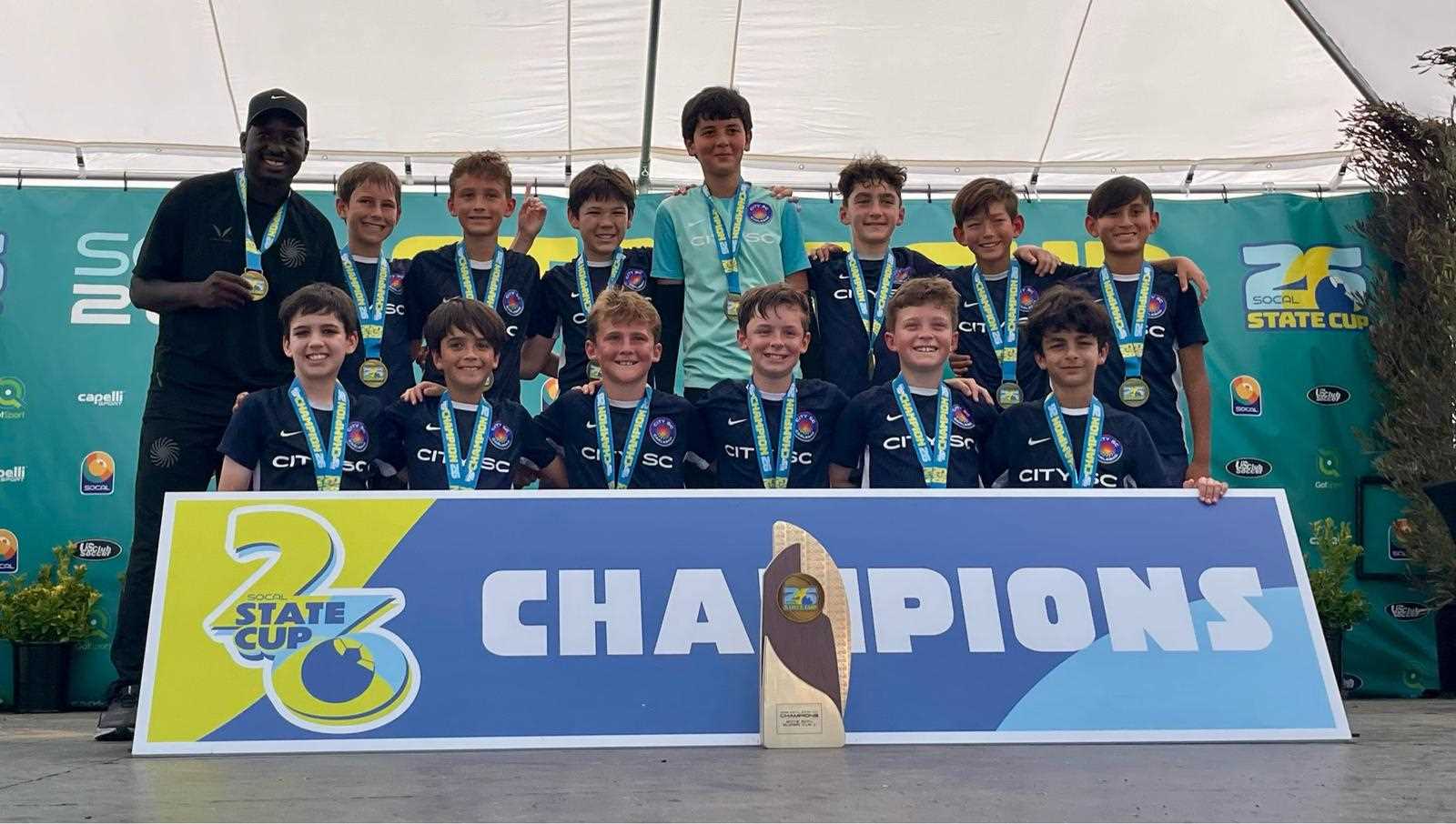
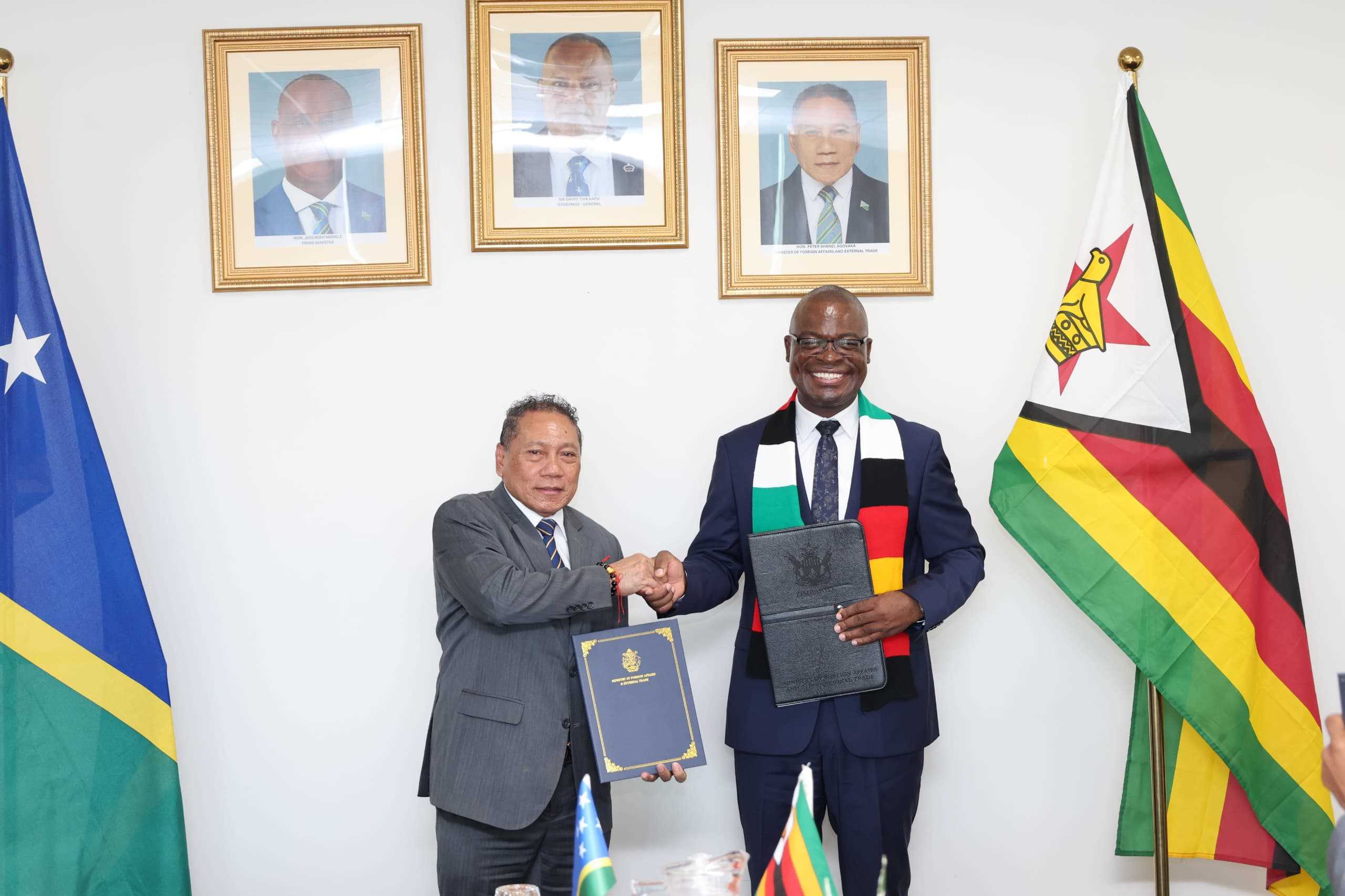



Leave Comments